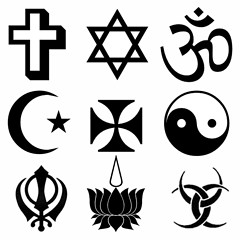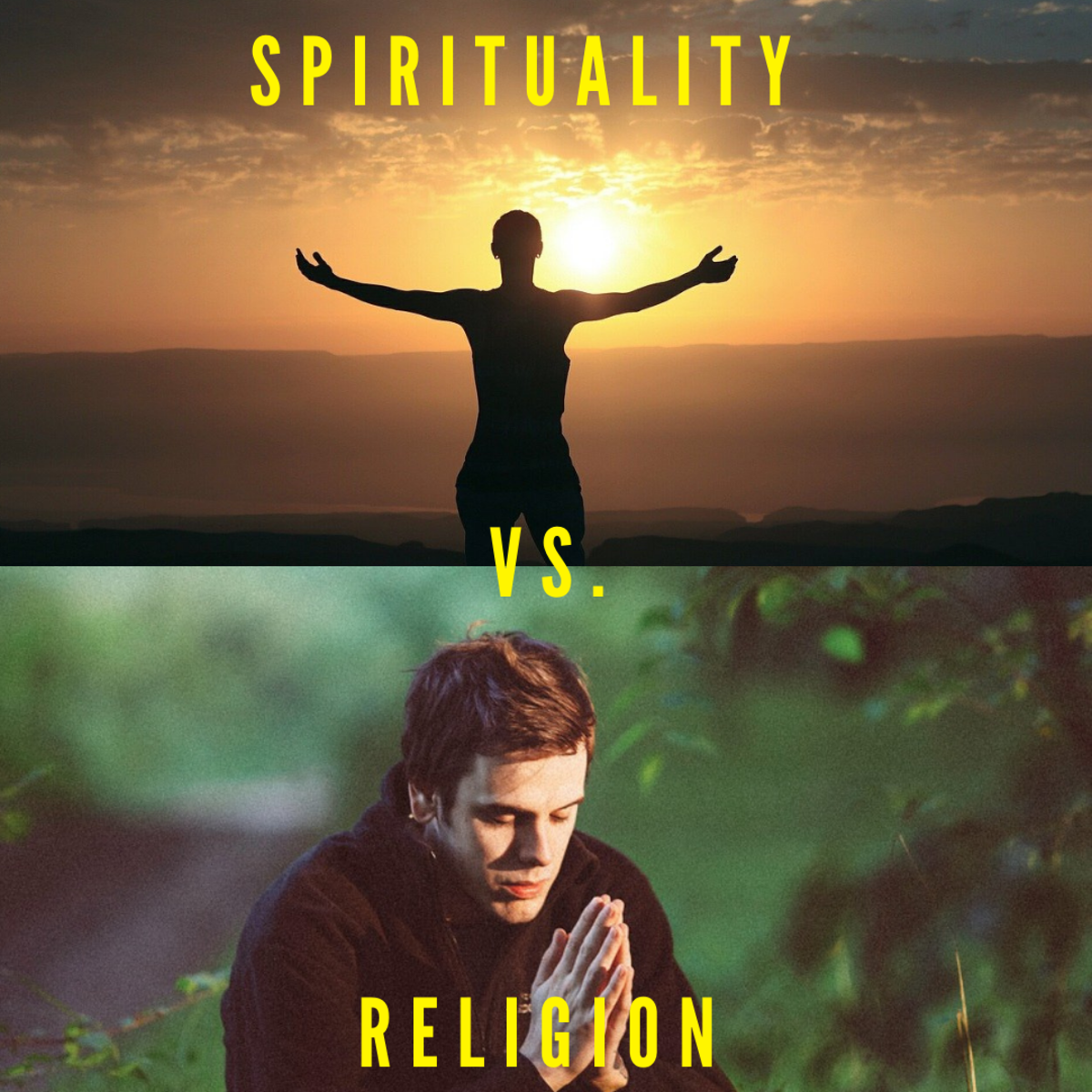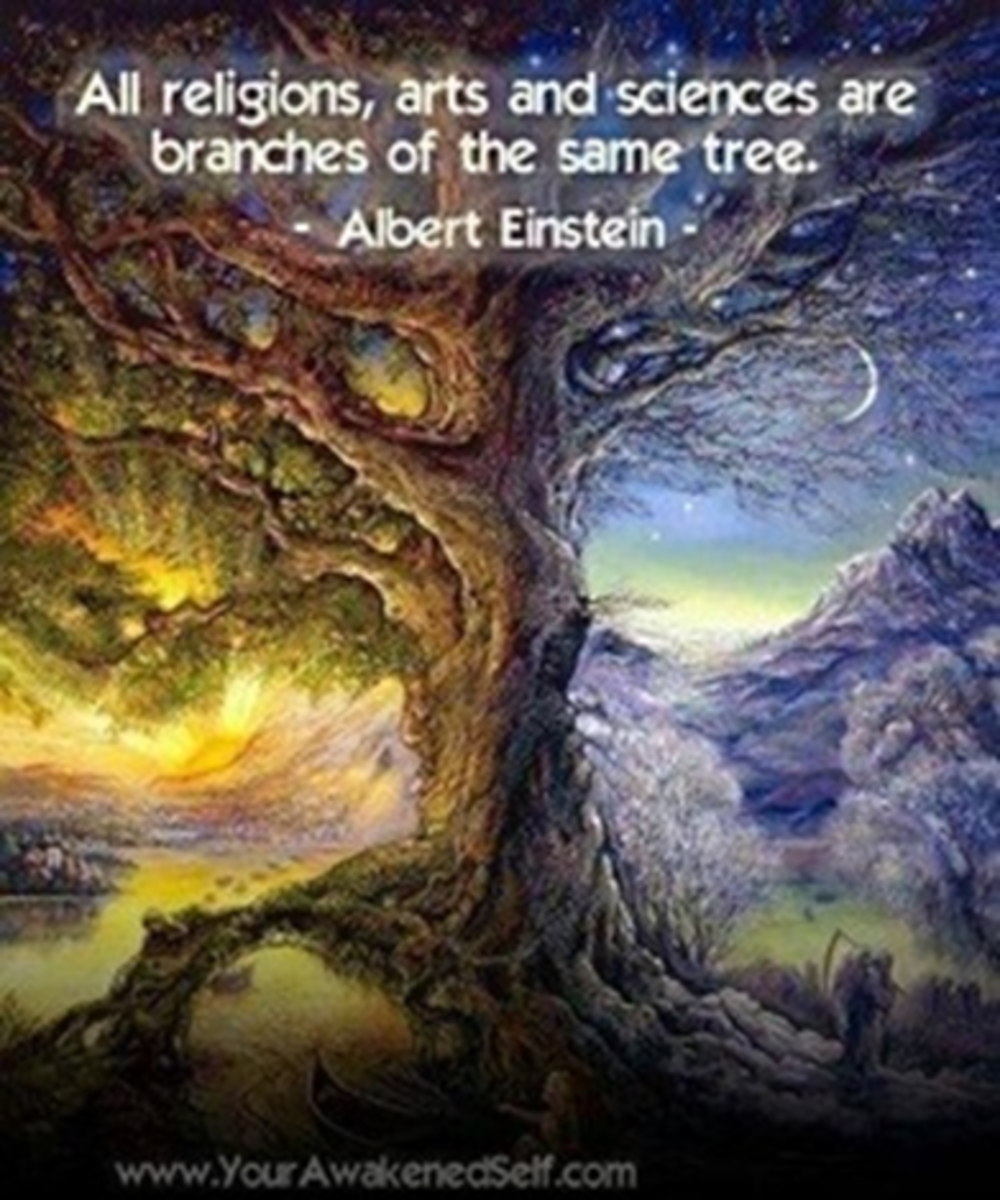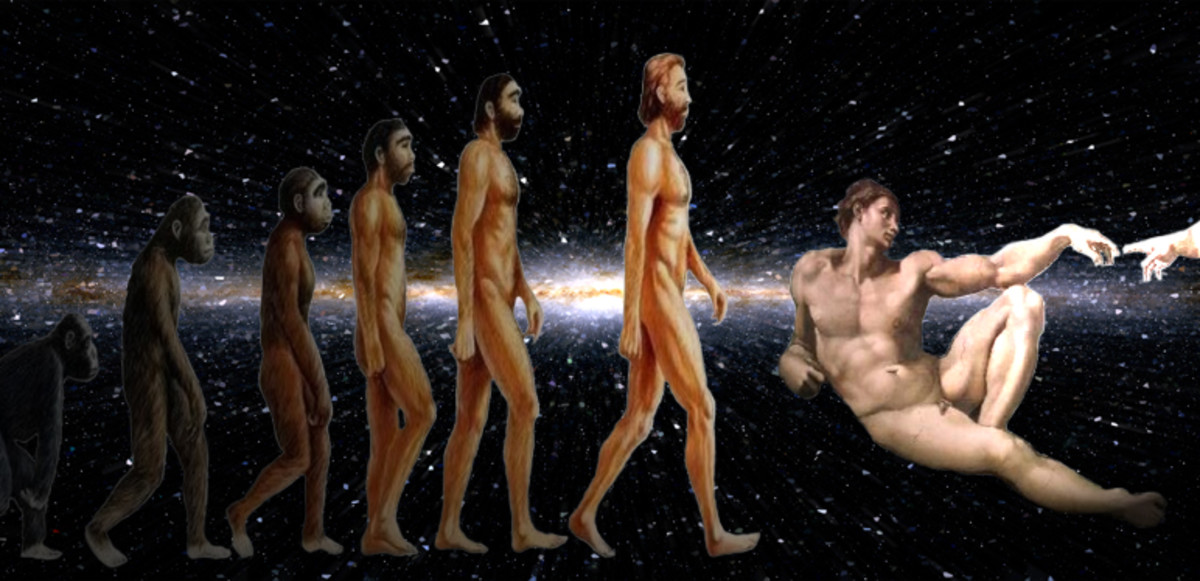Spirituality vs. Religion
Article
Spirituality vs. Religion
"I'm not religious, I'm spiritual." This seems to be a common statement among young adults particularly. It's almost as if religion has become a bad word. So often, wars, terrorism, and the denial of civil rights have been in the name of religion. So, being 'spiritual' is being more open minded, right?
What is the difference between spirituality and religion? There are many definitions. In operationally defining religion, it is an institutionalized, and codified set of beliefs and practices, that is a cultural expression of a higher power. With that definition, reading and memorizing Scriptures, doing daily prayers and rituals, would be considered being religious. Is that also being spiritual? Yes and no.
What is spirituality? Wright, Watson, and Bell (1996), in their book entitled, Beliefs: The Heart of Healing in Families and Illness, define spirituality as:
A personal belief in and experience of a supreme being, or an ultimate human condition, along with an ultimate set of values, and active investment in those values, a sense of connection, a sense of meaning, and a sense of inner wholeness within or outside formal religious structures (p. 31).
If Scriptures are read daily, and prayers and rituals are performed and memorized to perfection, but there is no deeper meaning to such practices, I would argue that is not being spiritual. Religious? Sure. Just about anyone can memorize, and go through the motions in performing such practices. But if such practices help to enhance someone's experiences, and take on a more personal meaning, then such practices can be ways to express their own spirituality. And that is the point that is often forgotten regarding religion.
Religion can be a way to express a person's spirituality. If someone's religious practices carry a deeper meaning,and they are not just going through the motions, and it helps to enhance their experience of a supreme being for example, then religion can be just as important as a person's spirituality. In this example, someone could be using religion as a way to relate and experience their God, within their own understanding.
Religion does not have to be negative. A person can be both religious and spiritual. Judaism, Christianity and Islam, all preach helping and ministering to the poor and less fortunate. In Christianity for example, how often do people actually put those teachings to action, except out of guilt during the Holidays? Of course there are many who do what they can, when they can. If there is no meaningful action behind the teachings and rituals, and those religious beliefs are also used to infringe upon the beliefs and rights of others, then religion, as well as spirituality, does become negative.
Spirituality should not be used as a buzz word either. Sometimes it seems trendy to be 'spiritual.' In college, it's common to hear people listening to Bob Marley for example, use words like 'Jah', smoke marijuana, and claim to know what that is all about. Another example is someone who learns some Buddhist terminology, put such stickers all over their car, and pretend to be open minded.
So often, celebrities are seen with religious and spiritual symbols, as accessories to their outfits, and they have no idea of their meaning. Celebrities are also often seen in major photo ops, saving the world, and preaching to the world, then disappearing from the scene after all of the media and cameras are gone. And it's not just celebrities who are like that. Adopting and participating in some cause, because it's what everyone else seems to be doing, or because of peer pressure (e.g. school charity fundraisers, wristbands) can be just as hypocritical. Is that spirituality? Only if it's real, and carries meaning to the the individual. Spirituality shouldn't be about publicizing to the world how much community service someone has done, or if they've gone to more remote mountains in solitude, or lived with indigenous cultures. It's more personal than that. It can and should be shared with others, just like religion, but with humility and understanding. Developing a personal philosophy, and living a life that involves a personal connection to self, the community, a higher power, or the greater good, can be a good example of spirituality,even if religion is used as a way to express that spirituality.
Of course this article represents personal views, but so does a person's definition and experience of religion and spirituality. No one of them should be better than the other, though one can be stronger, depending upon the person.
So, can someone be religious and not spiritual? Yes. Can someone be spiritual and not religious? Yes. Can someone be religious and spiritual? Yes. Can someone be spiritual and not believe in God? Yes, especially if they believe in something that's greater than themselves. Religion should not be a bad word, even if it is often misrepresented, just as spirituality is.
Shabazz Wilson
REFERENCES
Wright, L. M., Watson, W. L., & Bell, J. M. (1996). Beliefs: the heart of healing in families and illness,New York: Basic Books.

Shabazz Wilson is an individual, group, and family psychotherapist, who also includes spirituality in counseling. Shabazz has also worked in the United Campus Ministry and Spiritual Life Center, at Springfield College, doing counseling, retreats, and various interfaith religious and spiritual development activities.








